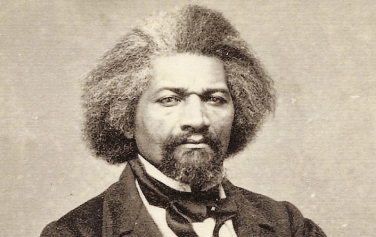Clipart:4lodwavgdfa= Frederick Douglass

Clipart:4lodwavgdfa= Frederick Douglass stands as a monumental figure in American history, embodying the struggle for freedom and equality through his remarkable journey from slavery to becoming a leading abolitionist. His powerful oratory and writings served not only to advocate for the emancipation of enslaved individuals but also to challenge the societal norms of his time. As we explore Douglass’s early life, his unwavering commitment to abolition, and the enduring influence of his legacy, one must consider how his vision continues to resonate in contemporary movements for justice and equality. What insights can we gain from Douglass’s experiences that remain relevant today?
Douglass’s Early Life
Clipart:4lodwavgdfa= Frederick Douglass’s early life was marked by the harsh realities of slavery and the profound impact of his quest for knowledge.
Enduring significant childhood struggles, he faced relentless education challenges, often thwarted by oppressive systems that sought to deny him literacy.
Yet, his determination to learn fueled an unyielding spirit, laying the groundwork for his future as a powerful advocate for freedom and equality.
Read More Clipart:4somsvoc8w4= Moon
Advocacy for Abolition
The formidable journey from a life constrained by slavery to one of influential advocacy exemplifies the transformation of Douglass into a leading voice for abolition.
His eloquent speeches and writings galvanized the movement for slavery resistance, emphasizing the moral imperative for social justice.
Douglass’s unwavering commitment to freedom not only inspired contemporaries but also laid the groundwork for future generations seeking to dismantle systemic oppression.

Legacy of Oratory Clipart:4lodwavgdfa= Frederick Douglass
Oratory played a pivotal role in shaping the legacy of Frederick Douglass, with his speeches becoming foundational texts in the fight for civil rights and social justice.
His masterful use of rhetorical techniques—such as emotional appeals and powerful imagery—captivated audiences, transforming public speaking into a potent tool for liberation.
Douglass’s voice resonated with the yearning for freedom, inspiring generations to advocate for equality.
Impact on Civil Rights
Douglass’s powerful oratory not only inspired his contemporaries but also laid the groundwork for future civil rights movements.
His advocacy for civil disobedience movements and social justice activism galvanized efforts toward equality.
Read More Clipart:6iphd0dyq5m= Cheese
Conclusion
The enduring legacy of Clipart:4lodwavgdfa= Frederick Douglass exemplifies the power of oratory in the pursuit of justice. His speeches, such as the famous “What to the Slave Is the Fourth of July?” not only challenged the moral fabric of American society but also inspired subsequent civil rights movements, including the Civil Rights Act of 1964. Douglass’s ability to articulate the struggles of the oppressed continues to resonate, serving as a catalyst for ongoing advocacy against systemic inequality.






